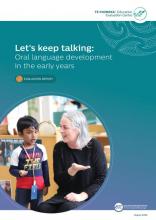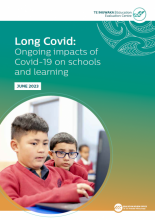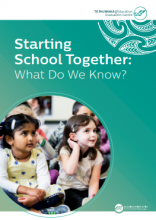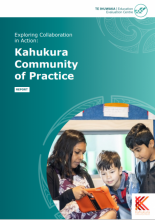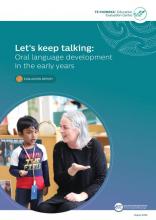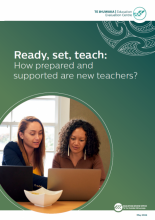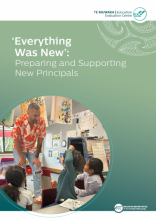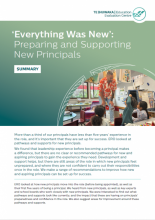Let’s keep talking: Oral language development in the early years
Language is the foundation for children’s learning and success. Children use oral language to become good thinkers and communicators, and to develop the literacy skills they need to achieve well in school and beyond. This report draws together a range of evidence to look at how well children are developing the oral language skills they need when they start school. We also look at how Early Childhood Education (ECE) can help children to develop these important skills, and recommendations for action.
